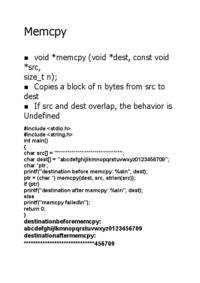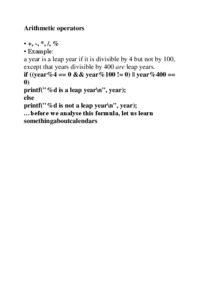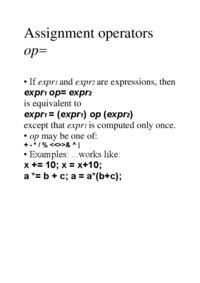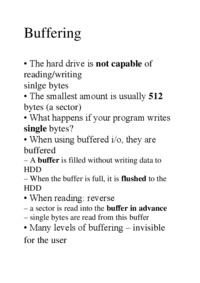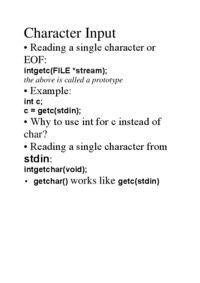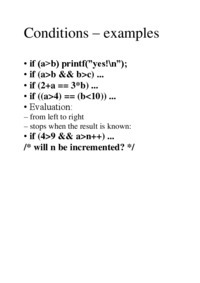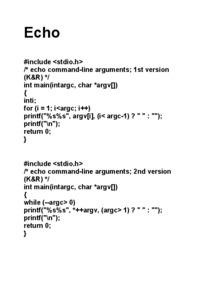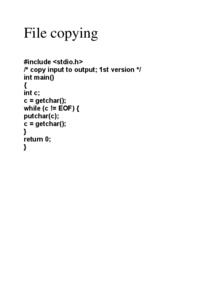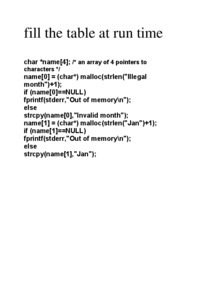Memcpy
- Politechnika Śląska
- Fundamentals of Computer Programming
Memcpy void *memcpy (void *dest, const void *src, size_t n); Copies a block of n bytes from src to dest If src and dest overlap, the behavior is Undefined #include #include int main() { char src[] = ""; char dest[] = "abcdefghijlkmnopqrstuvwxyz0123456709"; char *ptr;

